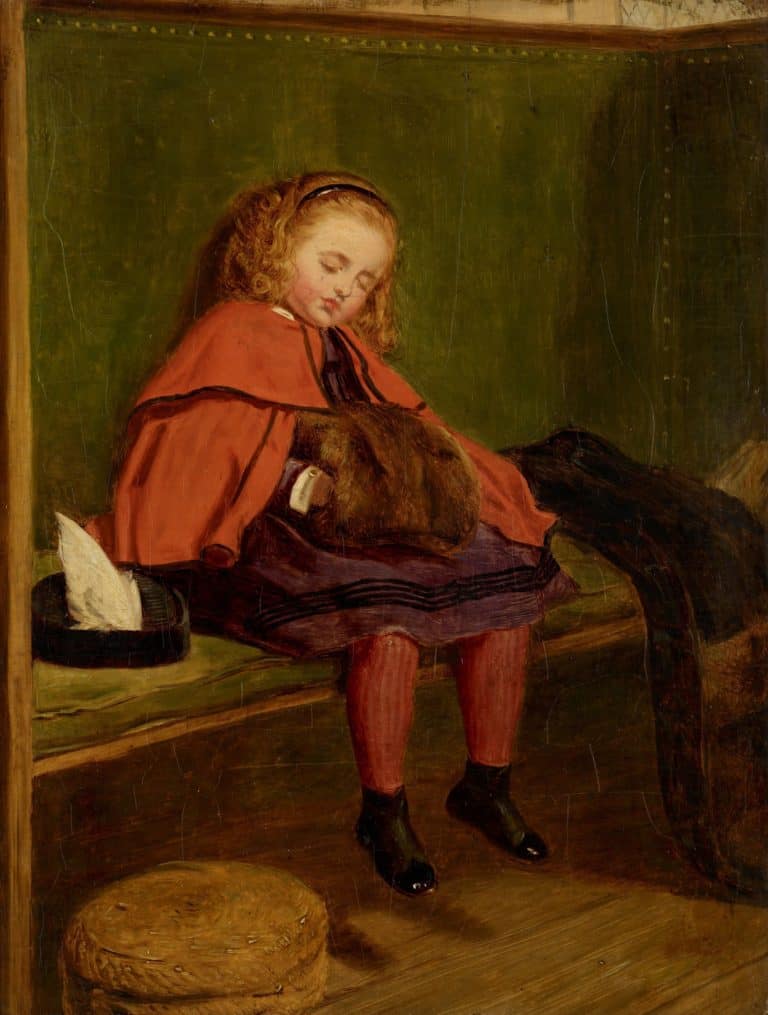OCD and Negative Thinking: 7 Thought Traps That Keep You Stuck (And How to Escape)

OCD doesn’t just bring intrusive thoughts—it also breeds negative thinking patterns that quietly wear you down. It’s not always the content of the thought that hurts the most; it’s how you respond to it, how you interpret it, and how you let it define your day.
OCD negative thinking can look like hopelessness, self-doubt, catastrophic “what ifs,” or a deep belief that something is wrong with you. Here are 7 common negative thinking traps in OCD, and how you can start stepping out of them.
1. “I’ll Never Get Better”
This belief often creeps in after a setback or tough day. OCD convinces you that because you’re still struggling, recovery is impossible. But this is a distortion. Recovery is non-linear, and feeling stuck doesn’t mean you are stuck.
2. “If I Have This Thought, It Must Mean Something Bad”
OCD makes thoughts feel significant. A violent, sexual, or blasphemous thought triggers guilt—not because it’s meaningful, but because OCD frames it as a reflection of your character. This belief fuels endless mental checking and self-doubt.
3. “Other People Don’t Think Like This—Something’s Wrong With Me”
Negative comparisons are common in OCD. You may assume no one else struggles like you do. This belief can be incredibly isolating—but it’s false. Intrusive thoughts are more common than people realize, especially in OCD.
4. “I Always Mess Things Up”
OCD tends to magnify small mistakes and ignore all the things you do right. This creates a loop of self-criticism and perfectionism, where any imperfection becomes proof of failure. It’s exhausting—and untrue.
5. “If I Don’t Fix This Now, I’ll Feel Like This Forever”
OCD creates urgency around every fear. It tells you that unless you fix the thought, fix the feeling, or figure out the truth right now, you’ll never find peace. But peace doesn’t come from solving—it comes from letting go of the need to solve.
6. “I’m Too Broken for Help”
Negative thinking in OCD often leads to the belief that your case is “too severe” or “too weird” for recovery. But OCD is well-researched and treatable. You’re not broken—you’re caught in a disorder that feeds on fear and doubt.
7. “This Thought Will Never Go Away”
When an intrusive thought sticks around, it can feel eternal. But OCD thrives on attention. When you stop fighting the thought and start allowing it to exist without engaging, it often loses its grip. Change is possible.
Final Thoughts
OCD and negative thinking go hand-in-hand, but these thoughts are not your truth—they’re symptoms. Recognizing these mental patterns is the first step toward breaking free. With tools like ERP therapy, mindfulness, and self-compassion, you can unlearn these thought traps and build a healthier, more balanced way of thinking.
You are not your thoughts. And you are not alone.





